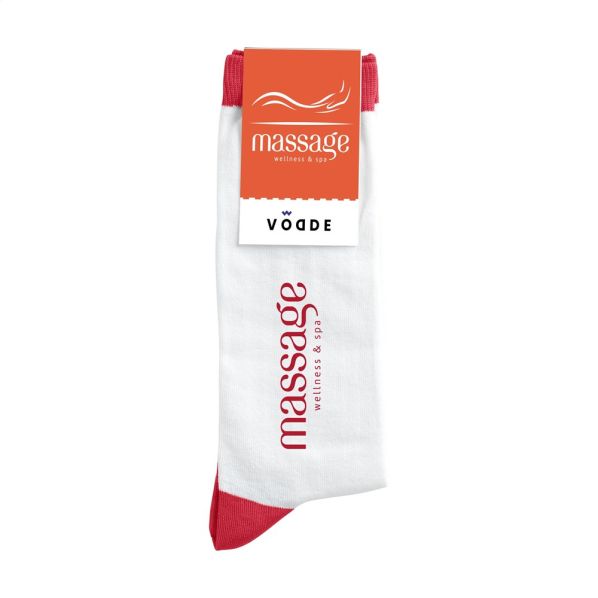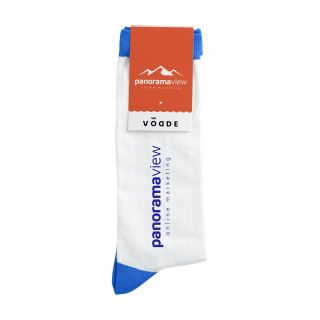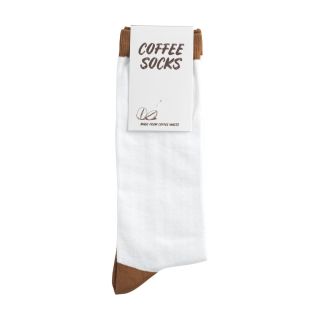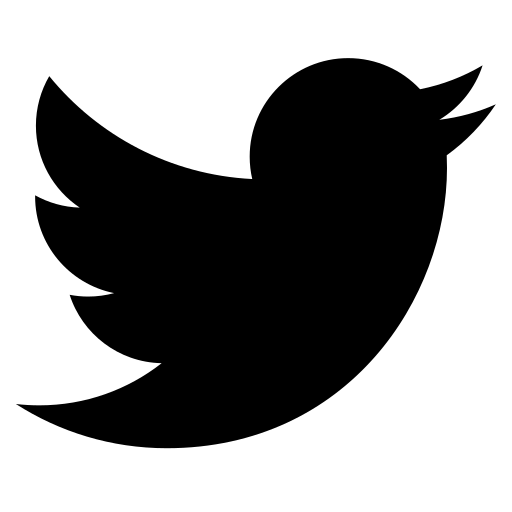Vodde Recycled Sport Socks
Art.-Nr.
A508-W335
As low as
CHF 8.65
without advertising
Price excl. VAT and shipping costs
On-line logo visualisation
Configure product
Product description
Comfortable socks from Vodde made using a 100% circular economy manufacturing process. These socks are made from collected textiles. The socks consist of 53% recycled cotton (from collected pieces of fabric), 38% recycled polyester (from collected PET bottles), 6% nylon and 3% elastane. Including knitted-in, customised design. All Vodde socks are supplied as standard in pairs with a label, which can be printed in your own full color design. This way you can design your own socks that perfectly match any corporate identity. These quality socks have a reinforced sole and are ideal to wear during sports or hiking. • Available in sizes M (36-40) and L (41-46). • Minimum order: 100 pairs of socks per size. Minimum order in total: 200 pairs of socks.• Optional (and only on request):Supplied in pairs in a (customised) box made from recycled cardboard - possible from 1,200 pairs of socks. • Developed and tested in the Netherlands. Made in the EU.• The Dutch company Vodde reuses discarded textiles to make new products designed by Dutch designers. Vodde makes its yarn from cotton collected by local 'rag farmers' and from cutting waste from textile production in European countries where Vodde makes its own products. In addition, polyesters derived from PET bottles, nylon, fishing nets and other collected waste are also used.
Order process
Delivery times
Article number
A508-W335
Weight (KG)
0.000000
Customs Tariff Number
6115969900
Product category
Bekleidung / Headware / Hüte
Brand
Vodde
Product Origin
Portugal
Material
recycelter Textilien
max X eco Produkte
Recycling
Gender
Unisex















